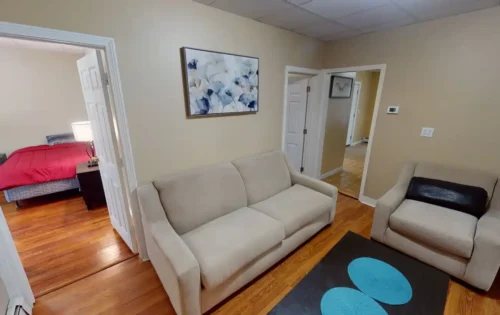
Healthcare professionals can provide the necessary support and resources to address alcohol dependency effectively and promote recovery. Waking up with a racing heart was something I thought was due to anxiety or over-exertion. But alcohol affects the heart by acting as a depressant, slowing down heart function. During withdrawal, the opposite happens—your heart rate increases as your nervous system becomes overstimulated. This surge in adrenaline causes palpitations and an increased heart rate, as your body tries to adapt to the absence of alcohol.
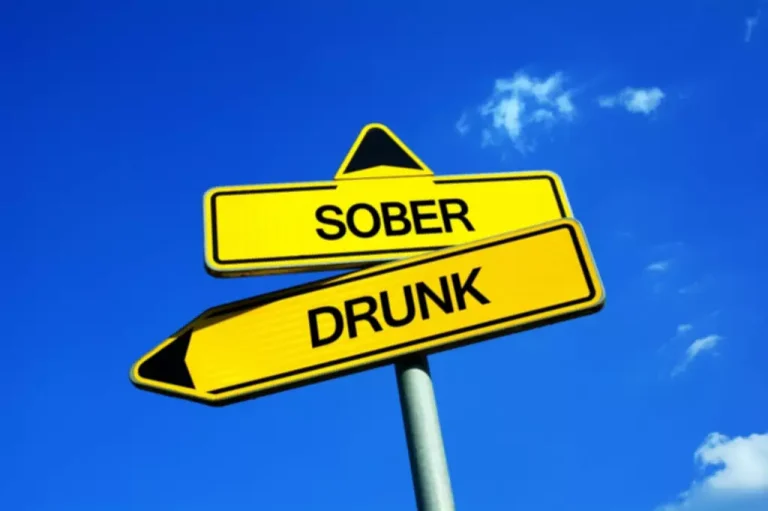
Early Warning Signs of Alcoholism in a Loved One
You lose other minerals and compounds too, but water and sodium are the most significant. Logically, you need to replace both water and sodium to rehydrate, keep your brain firing, move blood through your veins, and grease countless other functions dependent on proper fluid balance. Depending on which substance is causing your cold sweats, you may or may not be able to cut it out. As well as sweating, this can lead to symptoms like facial redness, nausea, vomiting or low blood pressure.
- Generally, symptoms peak when BAC hits zero, but can continue for up to 24 hours afterward.
- Drinking also often leads to feelings of irritability, agitation and anxiety.
- If you’re concerned about caffeine-induced sweating, there are several tips and strategies that can help reduce its severity.
Symptoms
- When she’s not working at the Lodge, she is busy chasing chickens, her big fluffy great Pyrenees, mucking about in the large organic gardens, and running a professional recording studio.
- For many people, night sweats may have links to their alcohol consumption for a particular occasion.
- Consulting with a healthcare professional or addiction specialist can provide guidance, support, and appropriate treatment options.
- People experiencing mild night sweats from occasional alcohol consumption may find relief using home remedies.
While you can usually manage alcohol withdrawal syndrome on your own, it can be quite uncomfortable. Plus, in some cases, it can involve more severe symptoms, like mental confusion, hallucinations, or seizures. Sweating can be a symptom of alcohol use disorder and alcohol withdrawal. Night sweats from alcohol detox may last days or weeks depending on biological and personal factors. Understanding this relationship is crucial for making informed decisions about alcohol consumption.
Treatment Process
As a first step, we offer a free addiction assessment, where we can develop an understanding of the difficulties you’ve been experiencing and talk you through how we could help. When you consume caffeine, your sympathetic nervous system is activated, which can result in cold perspiration even in a relatively calm state. Plus, we’re always introducing new features to optimize your in-app experience. We recently launched our in-app chatbot, Melody, powered by the world’s most powerful AI technology. Melody is here to help as you adjust to a life with less (or no) alcohol. cold sweat after drinking You’ll meet millions of fellow Reframers in our 24/7 Forum chat and daily Zoom check-in meetings.
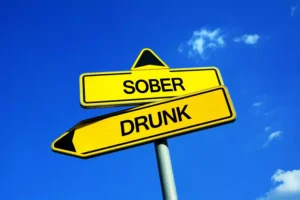
Pretest instructions included eating a light lunch, refraining from drinking any beverage several hours before the experiment, and no exercise on the day of the experiments. Before each experiment, subjects entered a chamber and rested in the sitting position for 30 min at Twelve-step program a thermoneutral temperature (28°C, 20-28% relative humidity (rh)). After drawing a blood sample by venopuncture as the first control sample, subjects entered another chamber (38-40°C, 20-28% rh). During heat exposure, subjects were under constant observation for indications of any inability to tolerate the experimental conditions (e.g., elevated heart rate, nausea or confusion). A hangover is unpleasant, but symptoms tend to go away within a day or so. If you drank too much alcohol and feel sick, try at-home hangover remedies like drinking plenty of water, eating some carbs and sleeping.
Alcohol Intolerance and Its Effects
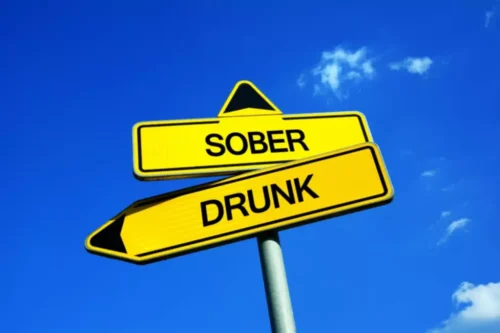
When heavy drinkers abruptly stop drinking, their bodies go into shock – craving the depressant effects of alcohol. Heavy, long-term alcohol use leads to physical and psychological dependence. If you’re struggling with alcohol dependency and need assistance, don’t hesitate to reach out for help. Wellness Retreat Recovery, located in Northern California, offers both drug and alcohol detox and residential addiction treatment programs designed to support you through every step of your recovery journey. Their compassionate team is dedicated to providing the care and tools necessary for lasting recovery.
Withdrawal symptoms can be uncomfortable and, in severe cases, dangerous, requiring medical intervention. Too much alcohol intake can increase the body temperature, leading to vasodilation and sweating, which are the body’s means of maintaining optimal temperature. When the core temperature rises, the blood vessels enlarge to allow more blood flow to the surface of the body, thus releasing heat. This also triggers the sweat glands to produce sweat which further decreases body temperature.
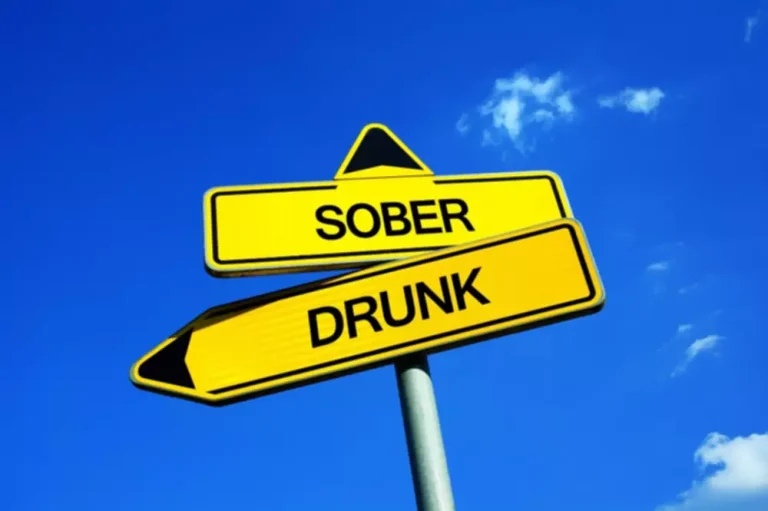
- The “fight or flight” response triggered by caffeine also leads to the release of adrenaline (also known as epinephrine) into the bloodstream.
- It’s important to note that these guidelines may vary depending on individual factors and health conditions.
- Sweating can irritate the skin, especially if it’s left to dry on the body.
- Many people turn to alcohol as a way of coping with stress or difficult emotions.
- The first step of alcohol rehab will be a detox program, where you will be closely monitored by medical professionals throughout your detox process to ensure it goes safely and smoothly.
These medicines may not work well together with other medicines you take. When withdrawing from alcohol, your body will experience a fight-or-flight reaction. This is because the brain has to readjust to functioning without alcohol after having been used to it for a long period of time. Symptoms such as anxiety, irritability, and insomnia are common during this process.
While night sweats eventually subside on their own, professional detox programs can ease withdrawal symptoms and provide medical support. Medications may be prescribed to alleviate discomfort and prevent complications like dehydration and electrolyte imbalances. In addition, if you experience night sweats due to alcohol consumption, it may be a sign of alcohol addiction.




